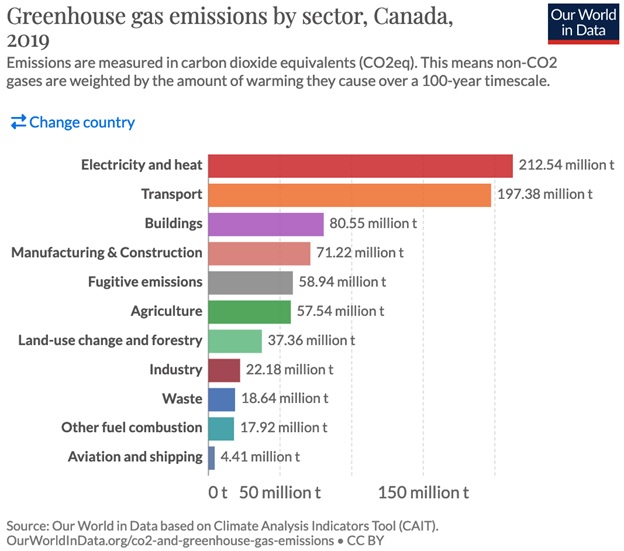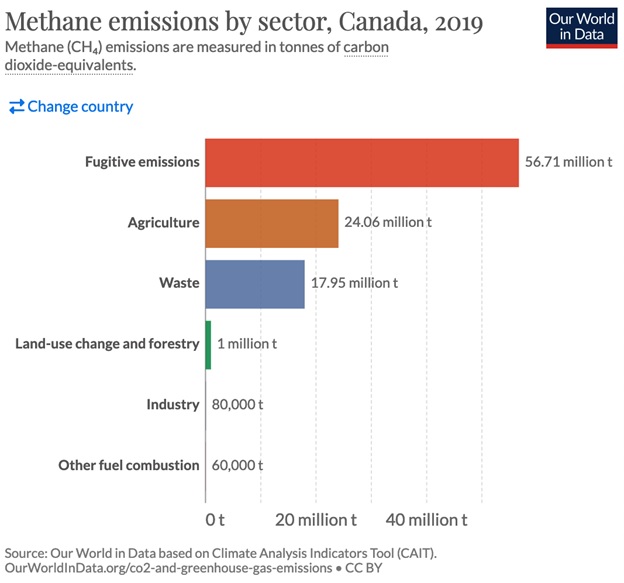Beef has been likened to coal for its production of greenhouse gases. That sound byte is neither accurate nor fair. For sure, there are challenges to overcome, and we’re working fast to overcome them. This is Part 1 of our series on upcoming solutions.
It is unlikely that even the among the most reclusive there exists an individual who has not heard of the impacts and dire warnings regarding the rising human population, our increasing carbon intensity and greenhouse gas emissions (GHG), and the combined impact of these on our earth’s climate.
Many will be less familiar with the fact that that the global food system accounts for 21-37% of annual GHG emissions. Of these emissions, methane is among the most potent, often referenced as having more than 25 times the climate impact of CO2; it is also estimated that agricultural activity is responsible for 50% of the global methane emissions produced by humans.
Closer to home, in 2019 about 24% of Canada’s methane emissions originated within the agricultural sector. 90% or 21.65 million tonnes of methane was generated as a result of cattle and sheep production. (Editor’s note: Gentec collaborator and AAFC livestock specialist Karen Beauchemin is quoted in the link).
Still … A world’s got to eat.
It is expected that, with a growing population combined with a propensity to consume more protein per person (globally), the world will need to produce 70% more food in the coming decades. Who could blame them for wanting to enjoy safe, delicious, nutritious AND sustainable Alberta Beef.
So… what can be done?
John Basarab, Gentec Head of Beef Operations points out that Gentec and our industry and funding partners are investing significant resources towards improving the environmental footprint of Alberta beef production. This, by definition, increases industry sustainability. It is, however and by necessity, a stepped approach. Certain steps can be taken immediately and have an immediate impact. Examples include modifying feeding regimes and/or the adding feed supplements such as lemongrass, seaweed or garlic to inhibit methane production.
Other, mid-term interventions, while more gradual in their impact, could reduce the beef-environmental footprint much more. These include genomics tools (molecular breeding values) to select for improved feed efficiency, reduced methane emissions, and other traits that can increase the productivity of the beef producer while improving quality.
And finally, longer-term interventions impacting health (such as vaccine development) and those that alter the microbial populations of the rumen show perhaps the greatest potential to reduce methane emissions.
But research and data are not enough. Each advance requires validation, demonstration and effort to get the tools and information necessary to reap the benefits of “science” into the hands of Alberta beef producers.
So, between us here at Gentec, our funding partners such as RDAR, our industry collaborators, and most importantly the individual beef producers… it truly is a team effort.
More information on each of these approaches along with their potential to improve the profitability and sustainability of the Alberta beef industry will appear in future editions of this newsletter. Stay tuned


Source: https://ourworldindata.org/co2/country/canada?country=~CAN
